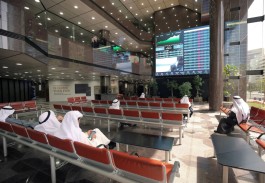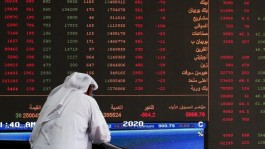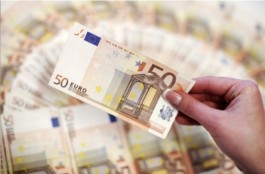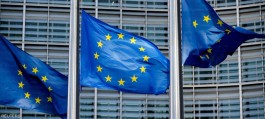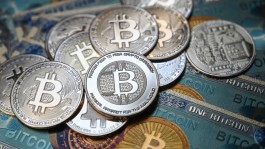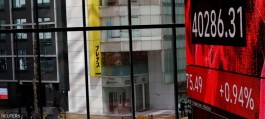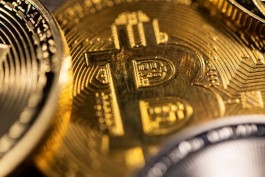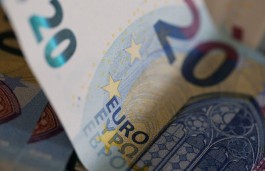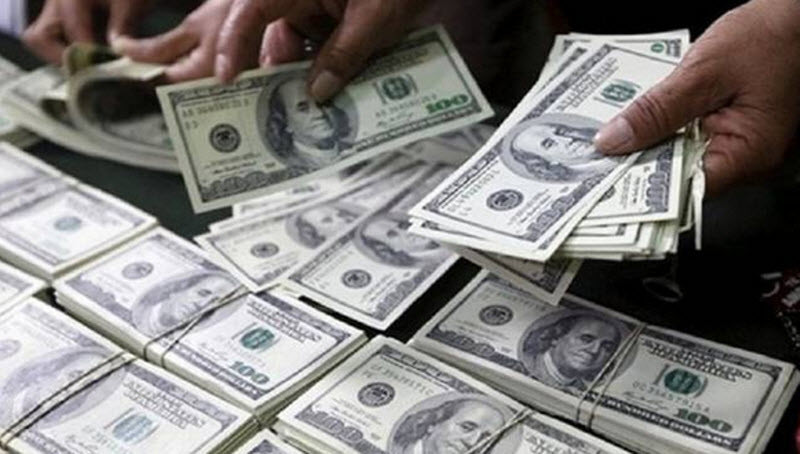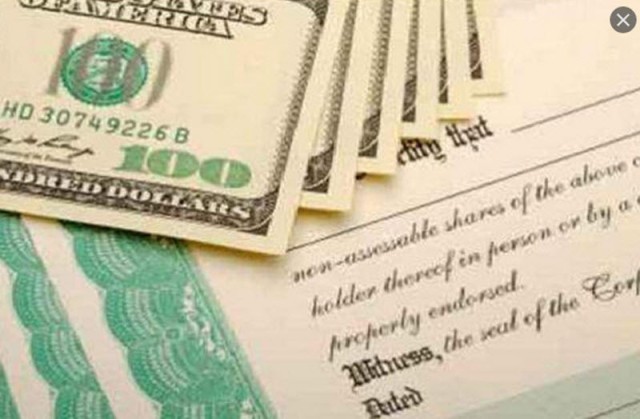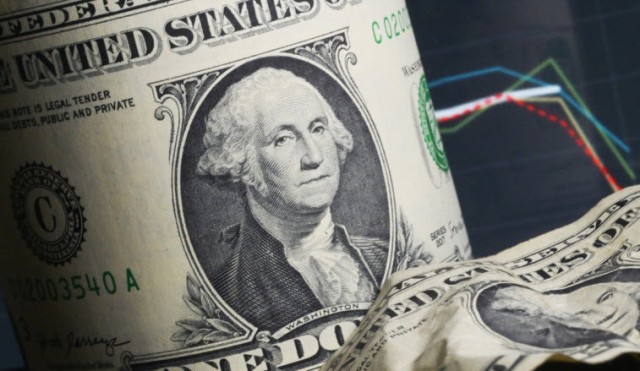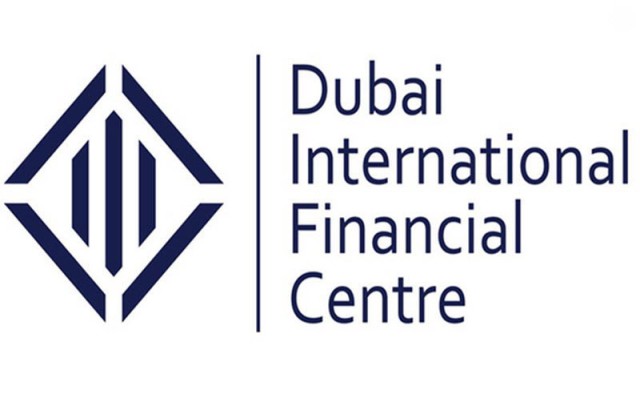funds, mostly in the Middle East, Europe and Britain, bought a two-billion dollar bond issue for Dubai on Wednesday.
According to Reuters, Asian investors are reluctant to buy bonds; Perhaps for the absence of the emirate's credit rating.
This was the first time that Dubai entered the public debt markets since 2014 as part of its efforts to strengthen its financial position, which has been negatively affected by the Covid-19 pandemic. The issuance included a tranche of ten-year Islamic sukuk for a period of one billion dollars at a return of 2.763 percent, and a tranche of conventional bonds of one billion dollars for a period of 30 years, with a return of four percent.
fund managers said Wednesday that the deal pricing was favorable for the emirate. Doug Betton, head of credit strategies unit at Rasmala Investment Bank, said the bonds rose in transactions following the issuance.
added by current longer-term levels of the unrated Dubai curve looks attractive compared to the Sharjah curve rated at Baa2-BBB.
This is evident in the return on the Dubai government issuance for the new 30-year period, which is trading at just under four percent, compared to about 3.5 percent for the Sharjah government’s 30-year bond.
The Dubai Finance Department said the bonds were issued at the lowest interest rate for bonds from the emirate's issuance ever.
Abdul Rahman Saleh Al-Saleh, Director General of the Department, said in a statement that this is a strong indication of the government's financial viability and the continued great confidence of investors in the Dubai government at the global level.
p>
and fund managers bought the majority of the sukuk, obtaining 52 percent of them, while banks and banks specializing in private wealth management bought 44 percent, according to a document from one of the banks that managed the deal that read Reported by Reuters.
Investors from the Middle East were the largest buyers of the sukuk, which attracted orders of $ 6.6 billion, as they received 48 percent and investors from Britain and other European countries received more than a quarter. While Asian investors bought 16 percent and American investors 10 percent.
Abdul Qadir Hussain, Head of Fixed Income Asset Management Department at Arqaam Capital, said fund managers' purchases of more than half of the sukuk encouraged the Islamic sukuk market in general. Fund managers also dominated the traditional bracket, getting 78 percent, while banks and wealth banks bought ...








